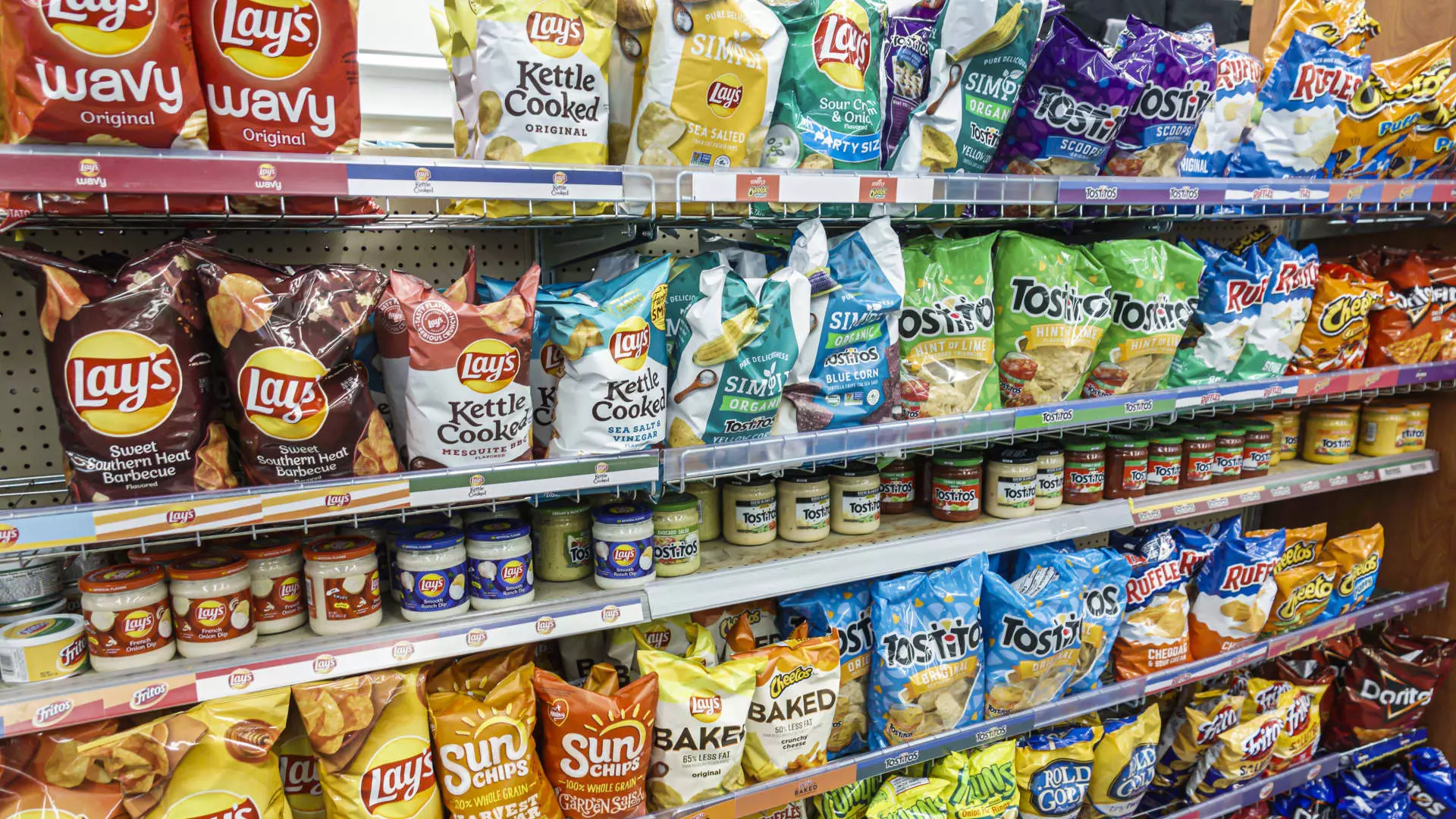The processed food sector faced significant turbulence on Friday, spurred by market apprehensions over the upcoming regulatory landscape heralded by President-elect Donald Trump’s appointment of Robert F. Kennedy Jr. as the nominee for Secretary of the Health and Human Services Department. Given Kennedy’s controversial stance on public health issues, including his vocal skepticism towards vaccines, the potential for sweeping regulatory changes has caught the attention of investors and analysts alike. As a result, major companies within the sector experienced notable drops in their stock prices, with PepsiCo and Coca-Cola leading the decline.
PepsiCo saw its stock tumble over 4% by the end of trading, while Coca-Cola reported a decline of 1.3%. These statistics reflect broader fears that Kennedy’s oversight might usher in stricter regulations targeting sugary beverages and processed snacks. General Mills, recognized for products like Cheerios, and Conagra Brands, known for offerings such as Reddi-wip, both saw their stocks decline by more than 2%. Such declines indicate a growing unease among investors regarding the future of major processed food brands under a potentially more invasive regulatory environment.
At the heart of the investor concerns is Kennedy’s explicit intention to reform the Food and Drug Administration (FDA). His previous comments reflect a belief that the current regulatory framework fails to prioritize consumer health adequately. Citing examples such as Fruit Loops, he has criticized the extensive ingredient lists allowed in American products compared to their Canadian counterparts. This rhetoric has raised alarms among processed food manufacturers, many of whom rely on complex recipes that could face scrutiny under renewed regulatory investigations.
The ripples of these developments were felt across various companies involved in processed food. For instance, Kraft Heinz, famed for its macaroni and cheese, saw a modest drop of 2% in its stock price, while Campbell Soup, producer of popular snacks like Goldfish crackers, was down nearly 3%. Meanwhile, Lamb Weston, a major supplier of frozen potato products such as French fries, experienced a staggering decline exceeding 6%. This significant drop suggests that even established staples of American diets could soon find themselves under the microscope.
As Kennedy awaits Senate confirmation, market observers are closely watching unfolding events, factoring in potential shifts in consumer behavior should stringent regulations come to fruition. The big question remains whether these developments will merely induce a temporary market reaction or if they will lead to a more transformative approach in how food products are formulated and marketed in the United States. Ultimately, the processed food sector is likely to undergo a period of introspection and adaptation as stakeholders seek to navigate this shifting regulatory terrain.

